Micro CANopen and Micro CANopen as Open-CMSIS-Pack for NXP Arm microcontrollers
Embedded Systems Academy (EmSA), a leading provider of embedded software solutions for CAN
based industrial networks, is pleased to announce the release of its Micro CANopen libraries as
Open-CMSIS-Pack following the Common Microcontroller Software Interface Standard (CMSIS) by
Arm. This new integration enables developers to easily implement CANopen communication
protocols in their embedded systems.
Until now, these Micro CANopen libraries were already available as part of selected NXP
MCUXpresso Software Development Kits (SDKs). Along with NXP’s recent release of support for MS
Visual Studio Code, SDKs and third-party libraries are moving to Open-CMSIS-Packs, ensuring
compatibility with a wider range of development tools and microcontrollers. For more information on NXP’s step towards VS Code and Open-CMSIS-Packs, follow this link.
The Micro CANopen libraries from EmSA offer a minimalistic implementation of the CANopen and
CANopen FD communication protocols for I/O devices and basic managers/controllers. They are
designed to simplify the development process by providing a compact and efficient solution, saving
valuable time and resources for embedded system developers. Through the Open-CMSIS-Pack
format, developers can leverage the libraries seamlessly, further enhancing the efficiency and
reliability of their CANopen-enabled applications.
The published Micro CANopen libraries may be used at no license charge and are adequate to
implement basic I/O devices with a limited number of parameters or a controller with a limited
number of nodes to handle.
“We are excited to bring our Micro CANopen libraries to the Open-CMSIS-Pack ecosystem,” said Olaf
Pfeiffer, CEO of Embedded Systems Academy. “By making our libraries available as Open-CMSIS-
Packs, we aim to empower developers to effortlessly integrate CANopen or CANopen FD support
into their embedded projects.”
Developers can use any tool that supports Open-CMSIS-Packs to access these CANopen libraries such
as NXP MCUXpresso, Visual Studio Code, Arm Keil MDK and IAR Embedded Workbench. The libraries
are compatible with the latest Arm CMSIS releases and initial support covers several popular NXP
LPC and i.MX microcontroller derivatives.

The current beta release features the Micro CANopen release for selected NXP microcontrollers. Future releases will support NXP’s auto-configuration and more derivatives with CAN or CAN FD interfaces.
The current list of available releases is availabe at: www.keil.arm.com/vendors/emsa/packs
 Deutsch
Deutsch English
English
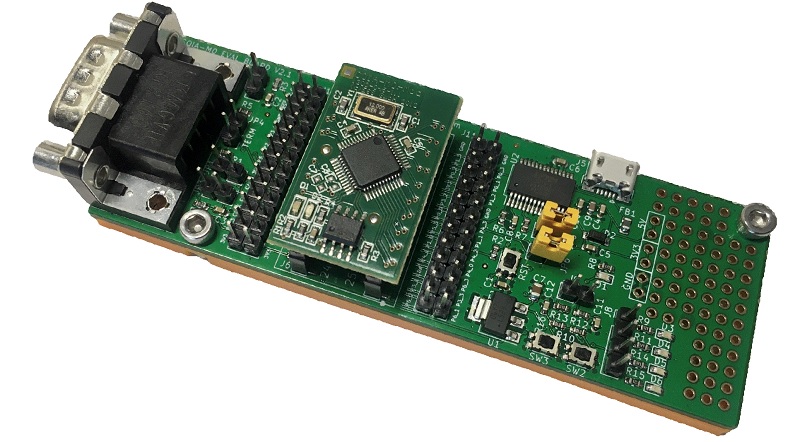
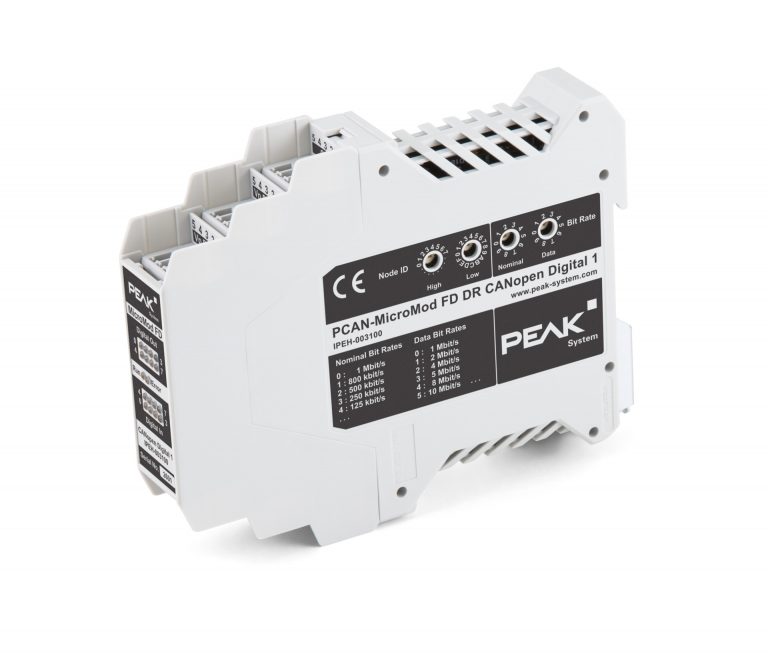

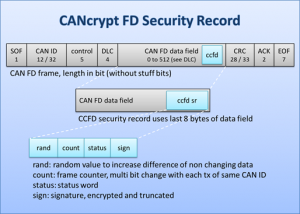
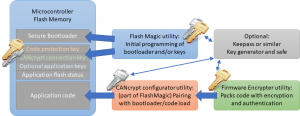
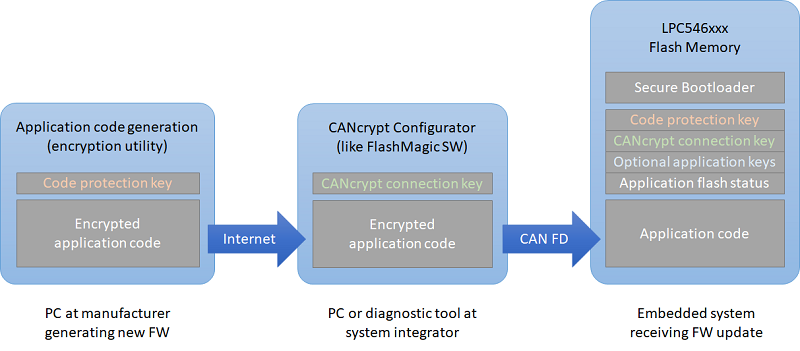
 Learn about our current product range for embedded systems
Learn about our current product range for embedded systems


 Embedded Networking with CAN and CANopen. Your technology guide for implementing CANopen devices.
Embedded Networking with CAN and CANopen. Your technology guide for implementing CANopen devices. Implementing scalable CAN security. Authentication and encryption for higher layer protocols, CAN and CAN-FD
Implementing scalable CAN security. Authentication and encryption for higher layer protocols, CAN and CAN-FD